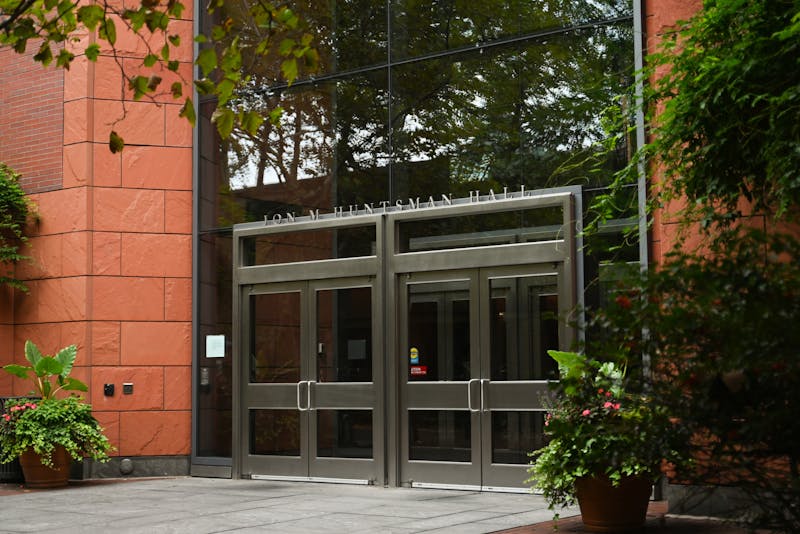Stanford University will attempt to regain the faith of the federal government by adopting accounting proceedures similar to those used by defense contractors, the school announced Monday. The California university recently come under fire for mischarging the government nearly $200 million in indirect research costs -- including the costs of parties and the refurbishing of a yacht over the past decade. "Stanford recognizes that there have been errors and there have been inappropriate admissions that have led to significant concerns regarding financial controls of the institution," said Peter Van Etten the university's new Chief Financial Officer. "Stanford intends to correct those in a fundamental way" In recent months, the University has also come under scrutiny for improperly-billing research sponsors -- including the federal government -- over $400,000. But, University Comptroller Alfred Beers has called the findings relatively minor, as the amount equals only one-half of one percent of the indirect research allocations the University received in 1987. Van Etten explained that Stanford plans to implement a 35-point overhaul of the university's accounting procedures consisting of three categories: making a commitment to better financial controls, developing manuals on allowable expenses and adopting more stringent accounting procedures. As an example of how the reforms will work, Van Etten said that if alcohol is served at a research oriented reception, the caterer will submit one bill for alcohol and another for other costs. Indirect costs will be calculated from the second bill. Audited universities' spokespersons, including Van Etten, have maintained that the current guidelines are vague making it difficult to judge what is considered allowable research expenditures. Research universities receive federal reimbursement for indirect costs including buildings, utilities and administration that are necessary for government-sponsored research but cannot be attributed directly to an individual project. Stanford's reforms were outlined in a $1 million study by Arthur Anderson & Co. accounting firm and endorsed by an independent panel of "respected outsiders who are not accountants," Van Etten said. The panel expressed reservations, however, that the new accounting procedures may prove cumbersome. Van Etten added that Stanford would cover the cost of the Arthur Anderson study. But it has not been determined whether the cost of implementing the new accounting system, which has yet to be calculated, will be passed along to taxpayers. The Associated Press contributed to this story.
The Daily Pennsylvanian is an independent, student-run newspaper. Please consider making a donation to support the coverage that shapes the University. Your generosity ensures a future of strong journalism at Penn.
DonatePlease note All comments are eligible for publication in The Daily Pennsylvanian.







